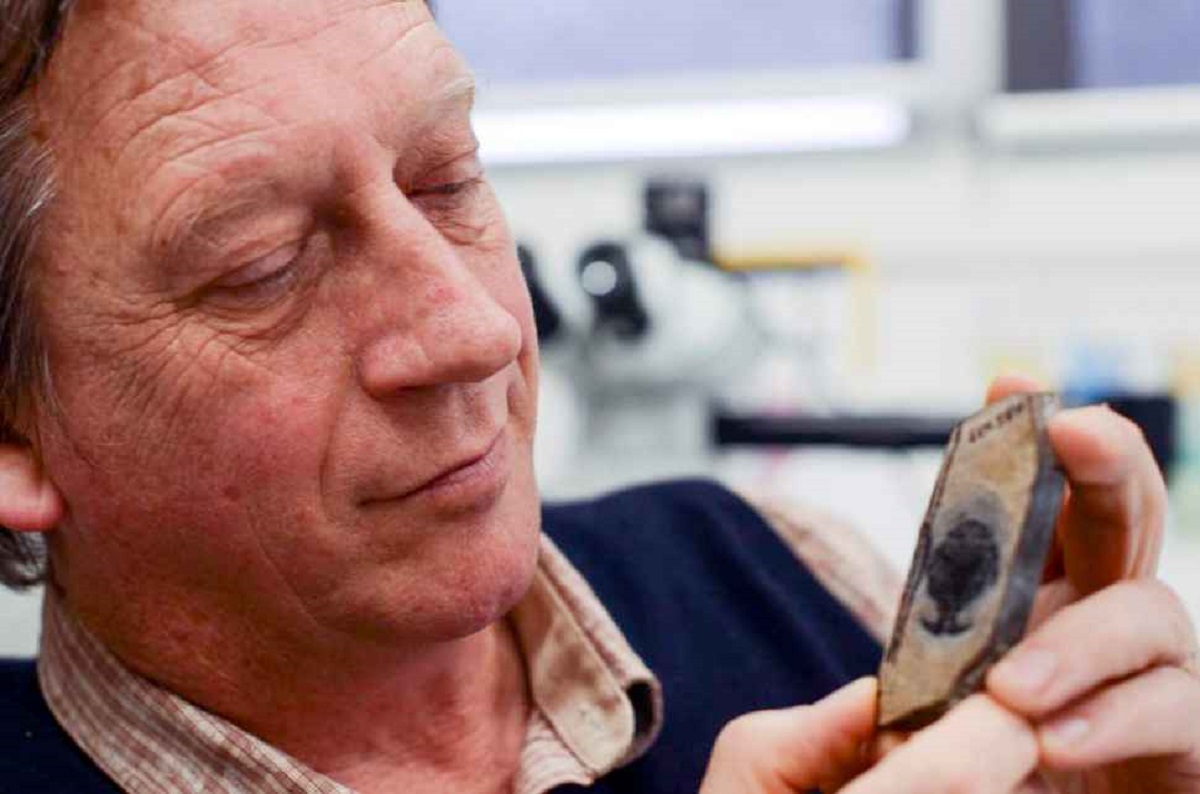
Distinguished palaeontologist, Professor John Long, has received an Honorary Bragg Membership to The Royal Institution of Australia for his significant contribution to science and science communication.
Named after the prominent Australian pioneer scientists, Sir William Henry Bragg and Sir William Lawrence Bragg, Honorary Bragg Membership is the highest category of membership awarded by The Royal Institution of Australia and recognises excellence in scientific achievement.
Professor Long made headlines around the world when he and his team discovered the fossilised remains of a placoderm, a 380-million-year-old armour-plated fish, which contained a perfectly preserved embryo and umbilical cord.
The discovery proved that ancient fish gave birth to live young, as was in fact evidence of the oldest live birth on Earth.
Professor Long has been Strategic Professor of Palaeontology in Biological Sciences at Flinders University for the past five years.
His research continues to focus on the early evolution of vertebrates and for the past 30 years he has devoted himself to unearthing Devonian fish fossils in the Gogo region of Western Australia, the discovery of which has led to new knowledge about the origins of complex sexual reproduction in vertebrates.
Professor Long is a past winner of the Eureka Prize for the Promotion of Science, the Riversleigh Society Medal for promoting the understanding of Australian prehistory, and the Australasian Science Prize.
Read more about Professor John Long.

